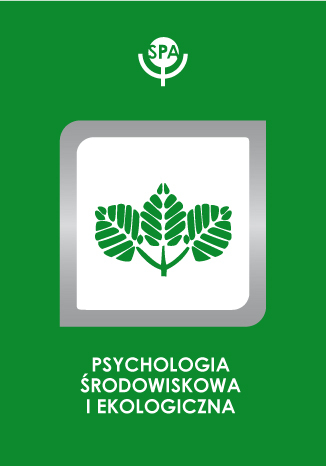Wpływ ekstremalnie niskich temperatur na psychikę człowieka – wybrane problemy

Wanda Osikowska, Aneta Cichosz, Jan Przetacznik
DOI:10.14691/CPPJ.20.2.293
Rocznik: 2014 Tom: 20 Numer: 2
Cryotherapy is one of the oldest methods of physiotherapy. Currently, the low temperature therapy is recommended especially in the illnesses of motor organs. An increasing amount of patients qualifi ed for cryogenic treatment accounts for the people with disease on the basis of neurology. From the medical standpoint, favorable results of treatment with extreme low temperature are known for a long time. Several researches related to infl uence of cryotherapy on psyche in mentally ill people were also conducted. However, we still do not possess enough knowledge about the infl uence of extreme low temperatures on the psyche of mentally healthy people. The presented article is expected to begin fi lling in this gap. Our research can be divided into two parts. The aim of the fi rst one was obtaining the answer to the question if the extreme low temperature had the infl uence on the process of attention in mentally healthy people. There were 30 subjects of the research aged 24 – 75 years (16 females and 14 males) with rheumatic illnesses, which were under general organism cryotherapy treatment. The research tool was Touleuse- Pieron Test. The subjects were investigated twice: just before the treatment and immediately after leaving the cryotherapy chamber. The statistical analyses showed beyond all doubts that in the second investigation the patients were solving the test tasks faster than in the fi rst investigation. Changes in all indicators describing the rate and precision of work are not only signifi cant but also, what is important, they reach high dimensions. The aim of the second part of our research was to obtain the answer if extreme low temperature infl uences the level of anxiety in subjects. The experimental group consisted of 140 subjects aged 28 – 74 years (71 females and 69 males). They were the patients with rheumatic illnesses who attended the set of 10 general organism cryotherapy treatments. The control group consisted of 40 subjects with similar illnesses who were not under any cryotherapy treatment. In this group there were 19 females and 21 males aged 28 – 74 years. The research tool was STAI Inventory used to measure anxiety as a state and as a trait. All the subjects were investigated twice with a 24 days interval. The statistical analyses pointed out that one of the results of general organism cryotherapy is lowering the anxiety level both as a state and as a trait. Presented results of the research can constitute the starting point to broadly conducted research on the infl uence of extreme low temperatures on mental functions in healthy people.









 Pobierz pełny tekst
Pobierz pełny tekst



